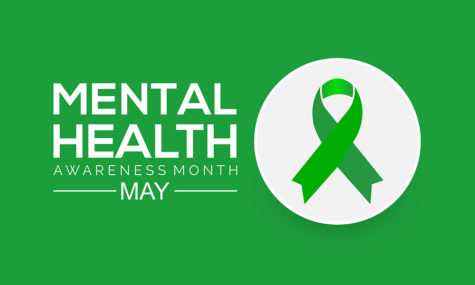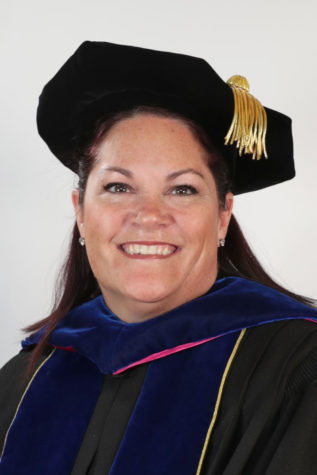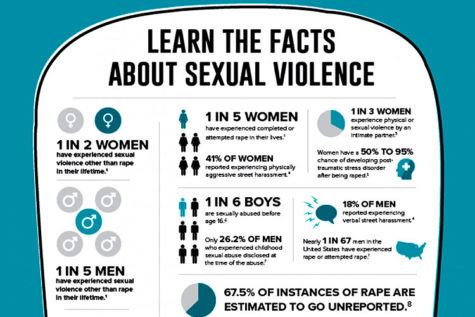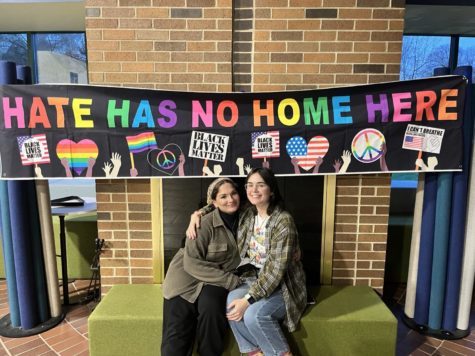Major/Minor Spotlight: Creative Writing Minor
March 27, 2022
If you are passionate about writing and creativity, the creative writing minor may be the perfect fit for you. In order to complete this minor, a student is required to take seven classes that vary from writing poetry and fiction to structured literature classes as well as editing and style courses that are directly linked to the Mercyhurst student-run arts journal, Lumen. This minor is an inclusive program that allows students to grow in their writing and comprehension abilities by specifically focusing on logistical and tangible writing such as critical editing and proofing skills.
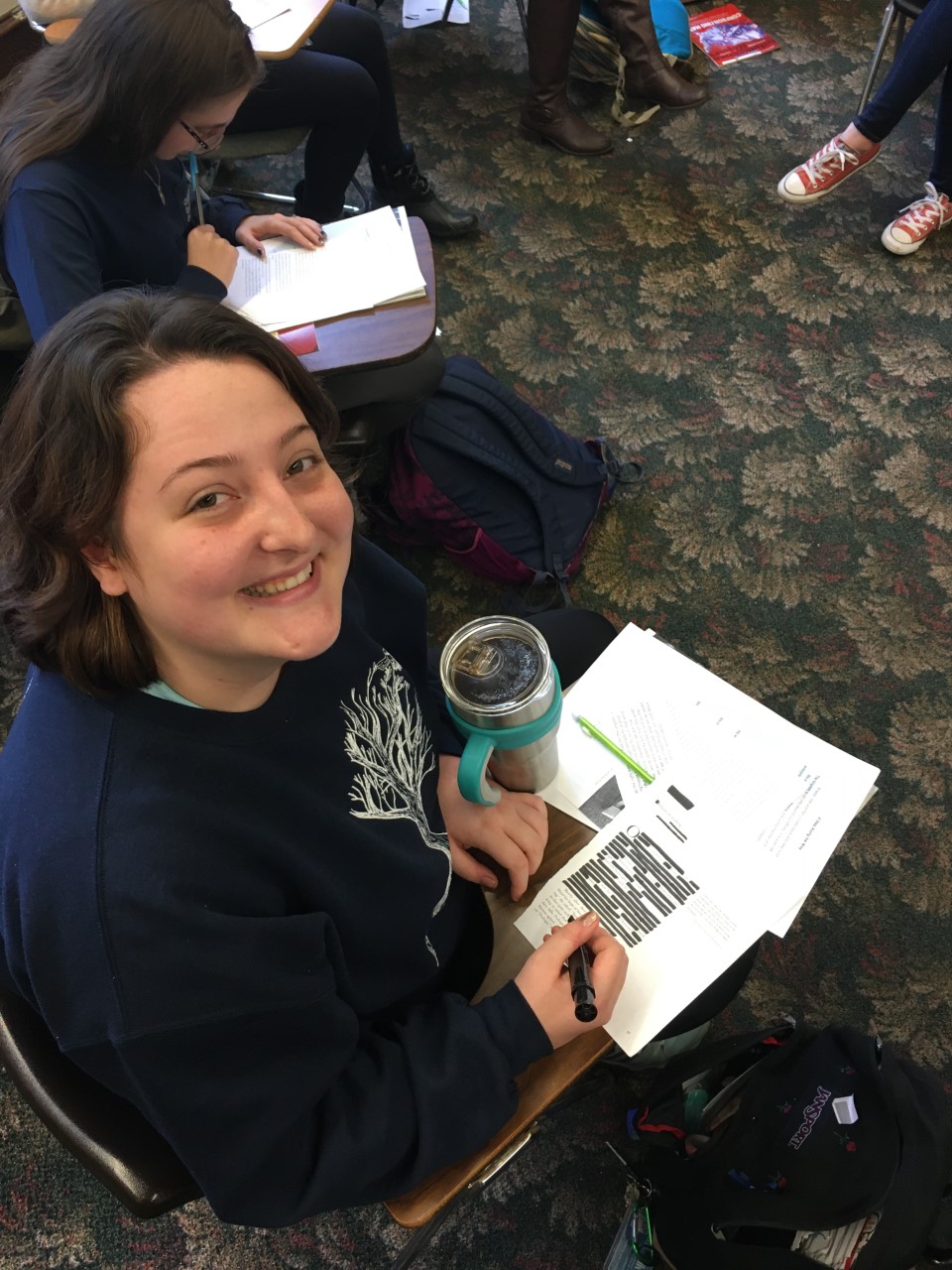 Simultaneously, students learn the art of flexibility and adaptive thinking. These are all essential qualities that employers are looking for when hiring future staff members. Regardless of your current major, the ability to effectively read and write is an active component to success in your current, as well as future personal and professional life. When an individual possesses the skills to be adaptive and quick thinking as well be a proficient writer, they become one of the most valued members of the workforce.
Simultaneously, students learn the art of flexibility and adaptive thinking. These are all essential qualities that employers are looking for when hiring future staff members. Regardless of your current major, the ability to effectively read and write is an active component to success in your current, as well as future personal and professional life. When an individual possesses the skills to be adaptive and quick thinking as well be a proficient writer, they become one of the most valued members of the workforce.
“The written communication and editing skills, as well as the critical and creative thinking skills our students gain in this program, has served them well,” Brian Reed, Ph.D., English department chair and professor of English said. “They have gone into a variety of fields including becoming lawyers, doctors, teachers, writers, intelligence analysts, business owners and a wealth of other occupations.”
Oftentimes, people consider a creative writing minor to be extraneous or irrelevant to their specific major, but the skills that you learn in the program are highly applicable to any career. “We’ve had many students who pair creative writing with a science or intelligence studies or another ‘practical’ field. In fact, two years ago, I had a student majoring in finance in my creative writing classes. She told me that in every single job interview she had, they asked about her creative writing minor—it made her stand out in a good way. And she landed a job months before graduation,” Jeffrey Roessner, Ph.D., associate dean of the Hafenmaier College of Humanities, Arts and Social Sciences, and professor of English said.
Along with the skills that you will acquire as you make your way through the creative writing minor, you also will gain valuable connections to peers and professors.
“The most rewarding part of the program for me involves the classes we hold as workshops, where students share and critique each other’s works,” Roessner said. “The students are without exception clever, original and full of positive energy and insights. It’s a joy to work with them and see their progress as writers.”
If you are having any second thoughts about signing up for this minor or need a little more convincing, Roessner has some words of wisdom for you, “Students sometimes become so focused on their desired career goal that they silo themselves. That’s not what a liberal arts education is about. We want them to explore and take risks and discover things about themselves and the world. If a student is majoring in a very practical field, I encourage them to take a class in art or photography or creative writing. We have so many exciting courses that will broaden your perspective. Why would you not want to take advantage of them?”
So, what are you waiting for, go to the registrar’s office and start the process of adding creative writing minor courses to your future semesters!


